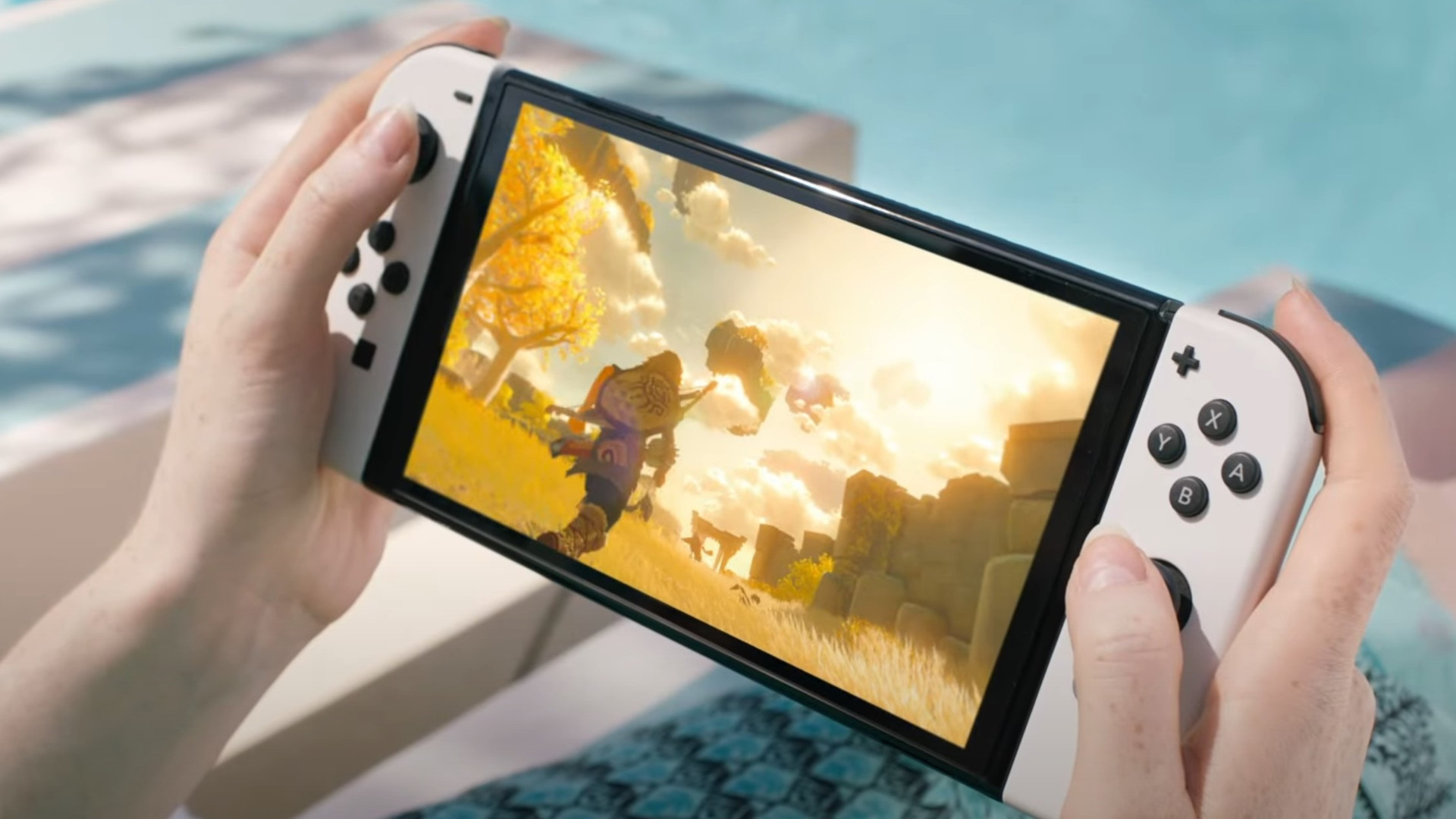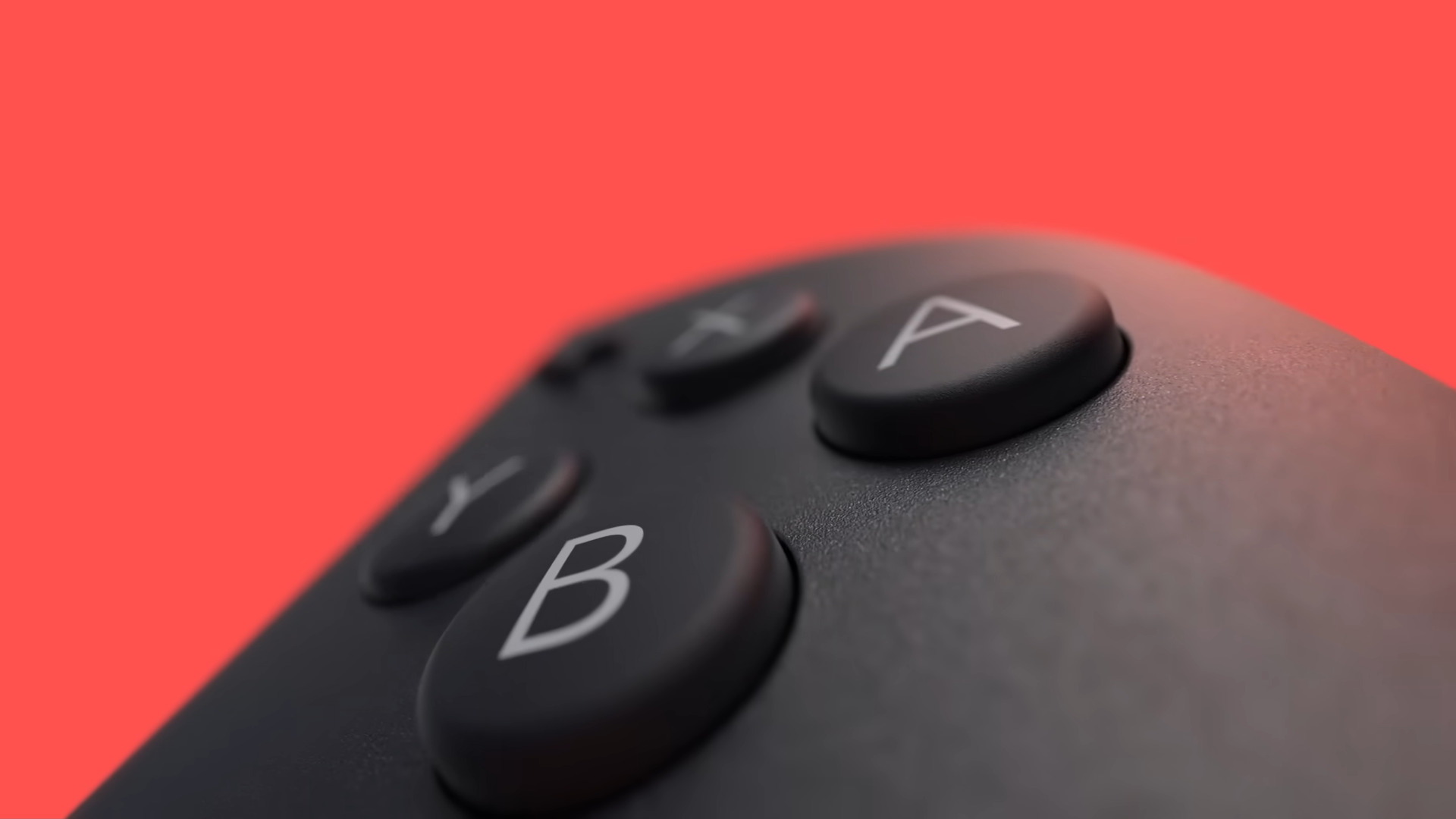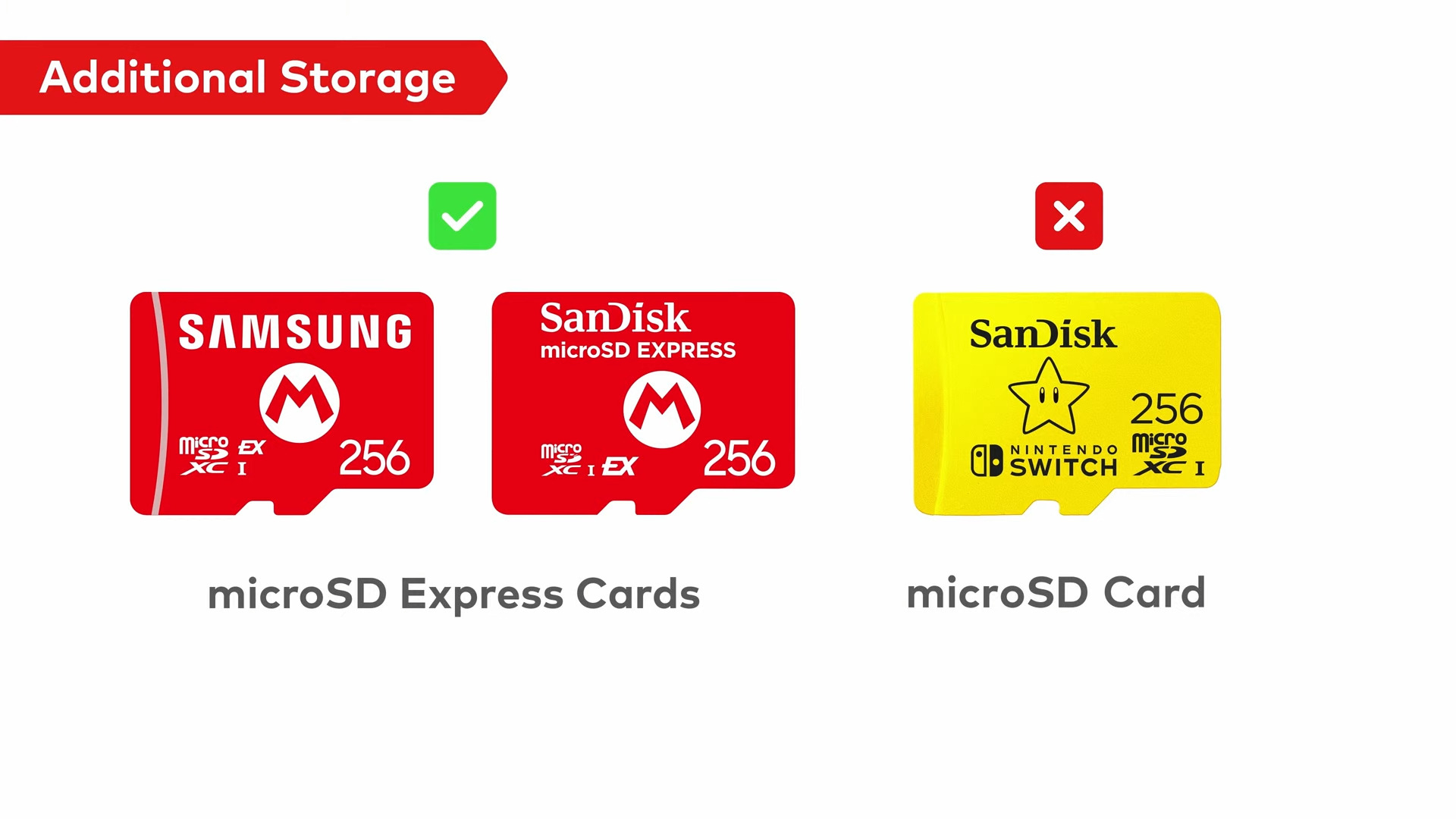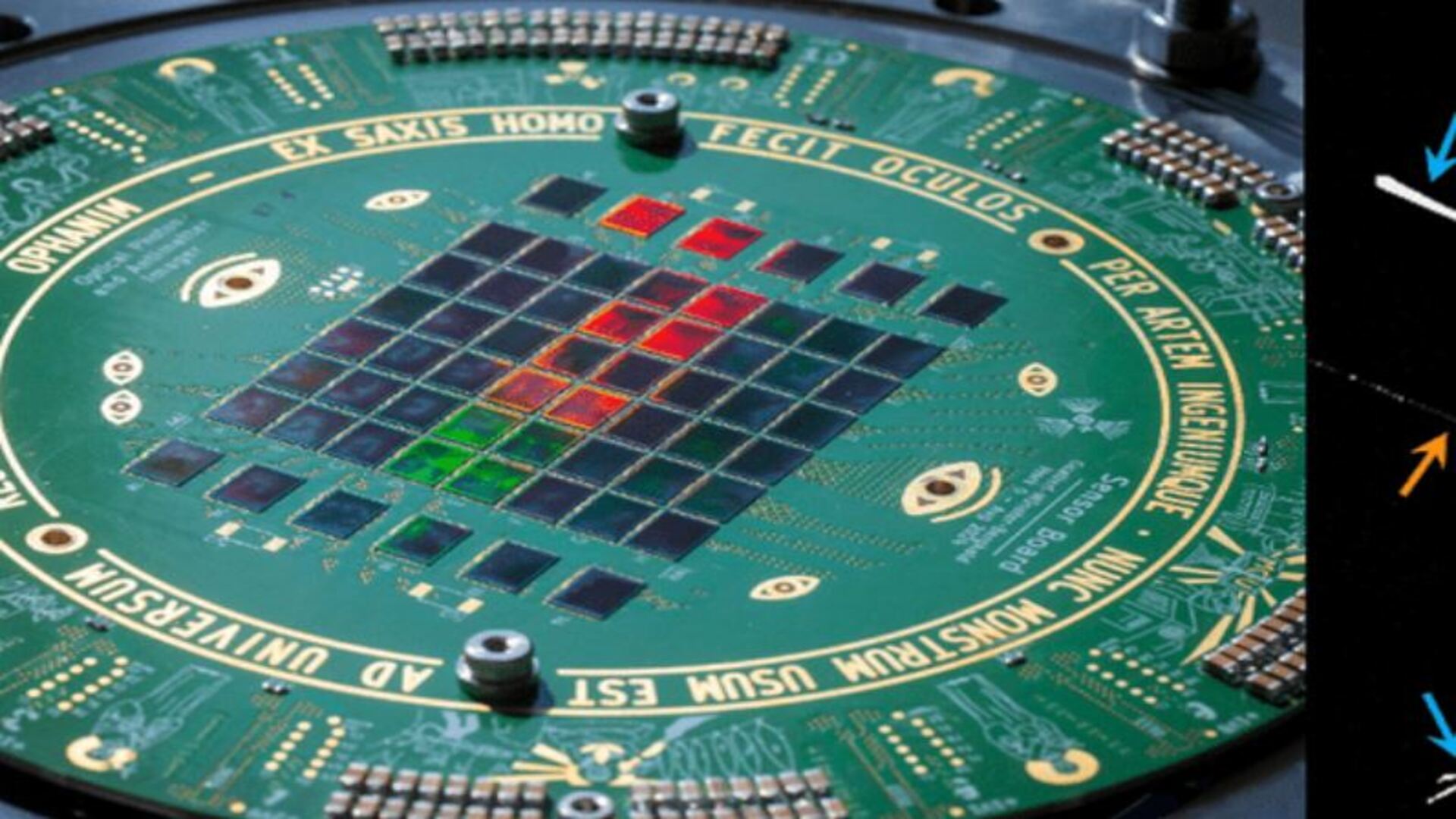Nintendo Switch OLED reportedly costs Nintendo $10 more to make... but costs you $50 more to buy
A breakdown of Nintendo Switch OLED costs reveals a healthy profit

Upgraded video games consoles always cost a bit more than their predecessors, and the Nintendo Switch OLED is no different. Though the internals remain the same, a vibrant new screen, extra storage and an additional Ethernet port on the console’s dock has seen the price of the Nintendo Switch OLED rise to $350 / £309 / AU$539 from $300 / £279 / AU$449.
But just how much is it costing Nintendo to make, and how much extra profit is it turning from gamers keen to have the latest and greatest from the house of Mario ?
According to a report from Bloomberg, the new Nintendo Switch only costs Nintendo around an extra $10 per unit to make, despite that $50 mark up. That’s broken down to about $3 to $5 dollars per screen and $3.50 for the storage, with the rest split over final components like the LAN port and improved kickstand.
- Nintendo Switch OLED vs Nintendo Switch: what's the difference?
- Nintendo Switch OLED vs Nintendo Switch Lite: is the Lite right for you?
- Best Switch games: don't miss these
Brand value
That’s a nice profit for Nintendo then, a company that knows how to guard the value of its property in much the same way that Apple does. Avoiding sales for the most part, and maintaining a high value to both its software and hardware efforts, Nintendo ensures that it is seen as a premium player in the market – sometimes to the ire of its cash-strapped fans.
Not that the cost of an upgraded console can be judged by its components alone. Bloomberg’s figure doesn’t take into account research and development costs, marketing and international shipping logistics. But with some of those costs upfront, over time Nintendo stands the chance to turn a healthy profit on the Nintendo Switch OLED model.
Of course, what we’re all still waiting for is the fabled Nintendo Switch Pro, or Nintendo Switch 2. The OLED edition failed to sate the appetite for a 4K-capable Nintendo console, especially with competitors like Sony’s PS5 and Microsoft’s Xbox Series X offering more advanced graphical features. You’d imagine that such an upgrade is on the way still (though Nintendo recently told TechRadar that it “can’t speak to the predictions others make about our products”) – but with the OLED version now waiting in the wings, a Switch Pro could still be some way off yet.
- Nintendo Switch 2: what can we expect?
Get daily insight, inspiration and deals in your inbox
Sign up for breaking news, reviews, opinion, top tech deals, and more.
Gerald is Editor-in-Chief of iMore.com. Previously he was the Executive Editor for TechRadar, taking care of the site's home cinema, gaming, smart home, entertainment and audio output. He loves gaming, but don't expect him to play with you unless your console is hooked up to a 4K HDR screen and a 7.1 surround system. Before TechRadar, Gerald was Editor of Gizmodo UK. He is also the author of 'Get Technology: Upgrade Your Future', published by Aurum Press.












